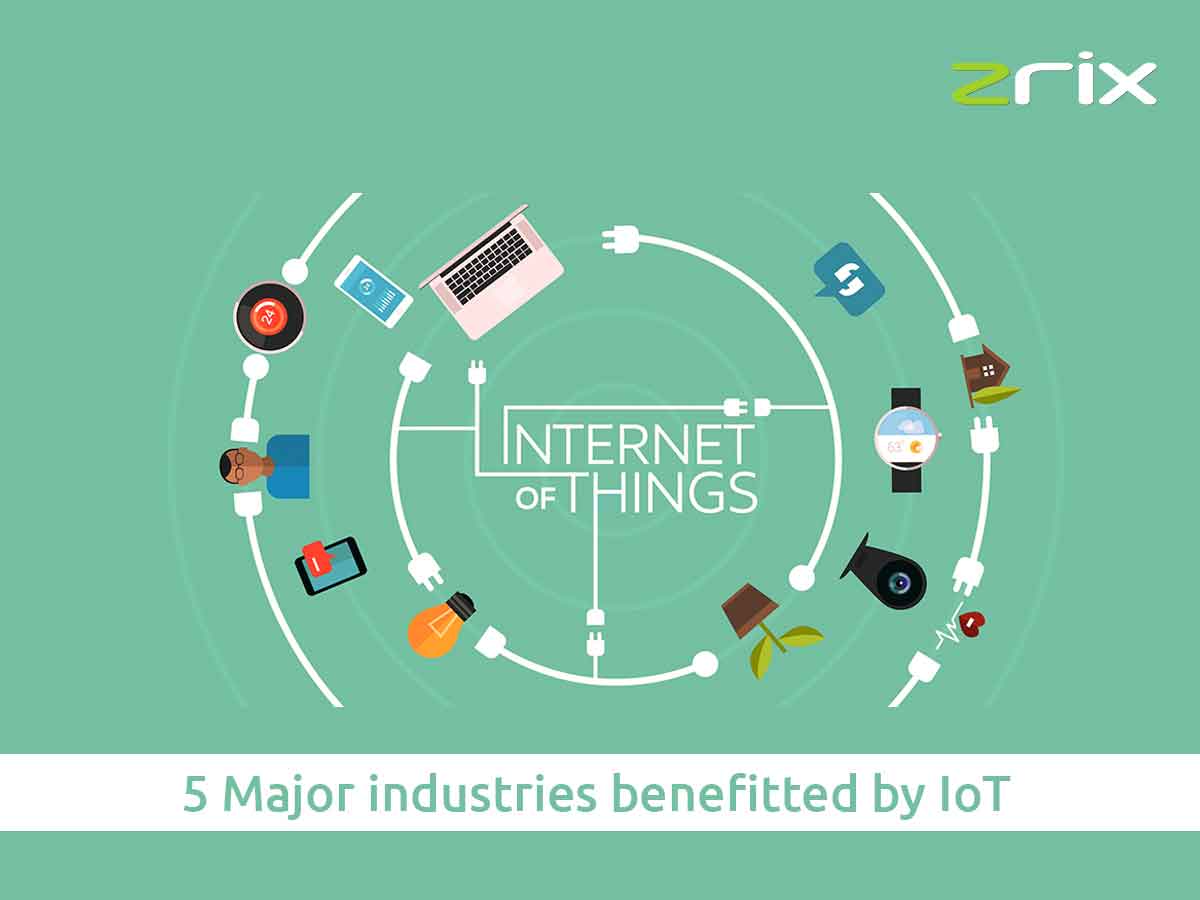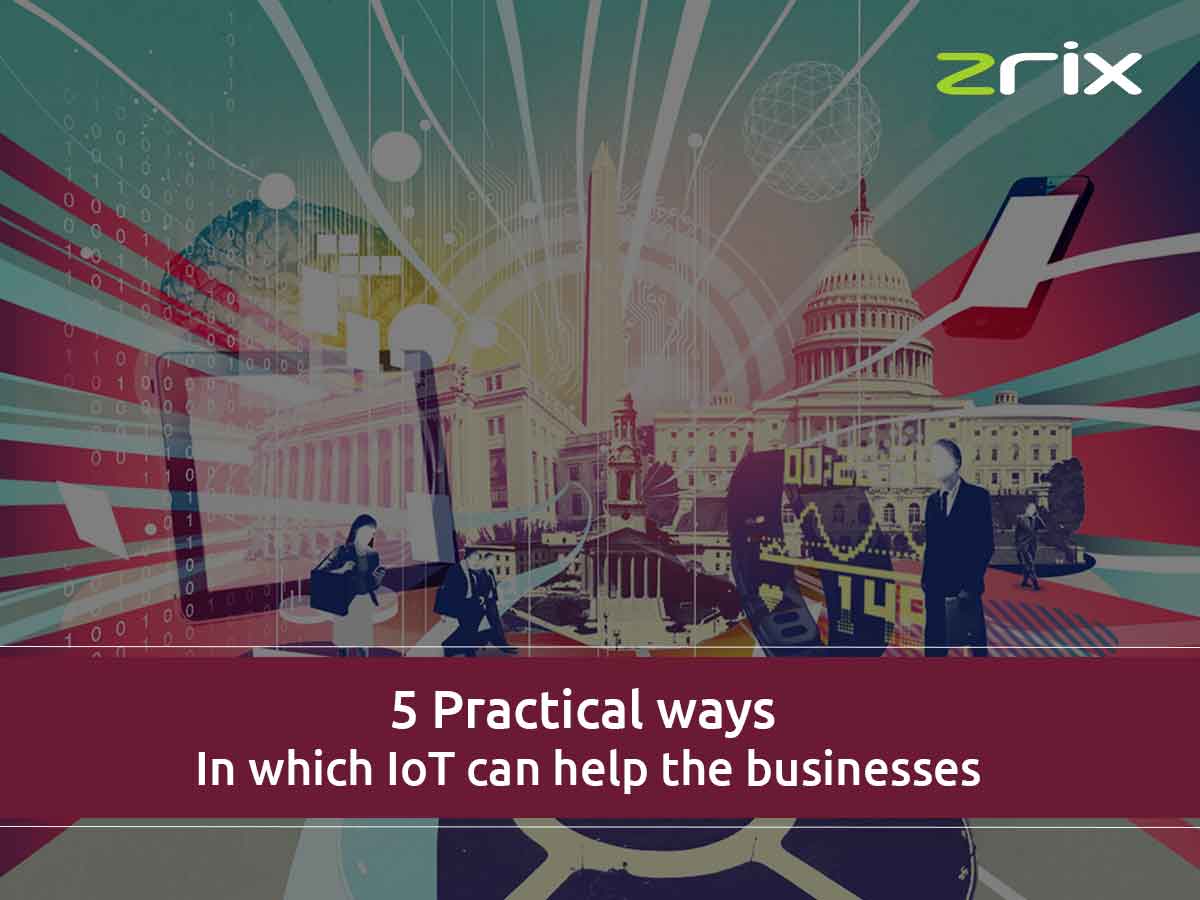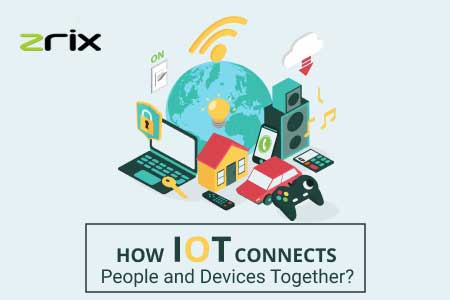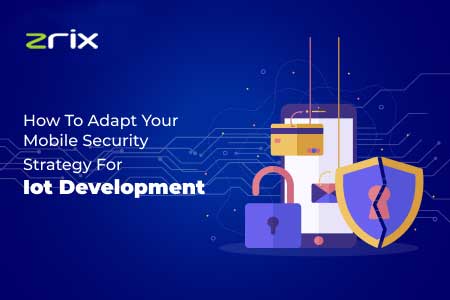What is Artificial intelligence?
Artificial intelligence (AI) is a collection of technologies that work together to allow robots to sense, interpret, react, and grow with human-like intelligence.
Perhaps this is why everybody has a distinct understanding of artificial intelligence.
Machine learning and natural language processing are two present and future examples of AI infrastructure.
Each is on its path of development and when combined with data, analytics, and automation, can assist organizations in achieving their objectives, whether it's increasing customer service or optimizing the supply chain.
Table of Content
What is IoT
The Internet of Things (IoT) refers to physical objects (or groups of such objects) equipped with sensors, computing power, software, and other innovations that interact with and share information between uses for AI-powered IoT devices and networks over the Internet or other communications systems. The term "internet of things" has been deemed a misnomer because gadgets do not need to be linked to the public internet; instead, they must be connected to the system and accessible separately.
How AI services changing the future
Artificial intelligence in IoT is shaping the future of almost every industry and individual. Leading AI development companies has served as the driving force behind developing technologies such as big data, automation, and the Internet of Things, and they will remain to do so in the nearest future.
Artificial intelligence and AIOT are critical to our future since it is the foundation of computer learning. Computers can capture huge volumes of data and utilize their learned intelligence to make appropriate decisions and insights in seconds of the time it takes people. The role of AI in IoT security is being credited with everything from cancer research advances to cutting-edge climate change studies.
Artificial intelligence seems to have a permanent impact on almost every future business model. Artificial intelligence is already present in our smart devices, autos, healthcare system, and favorite apps, and it will likely pervade many additional sectors shortly.
Also Read: 9 Security Challenges For The Future Of IoT
Nevertheless, the impact of artificial intelligence on our daily lives is difficult to ignore:
Transportation:
Autonomous cars will one day transport us from place to place, even though perfecting them may take a generation or more.
Manufacturing:
Predictive analytical detectors keep equipment working efficiently while AI-powered robots work alongside humans to conduct a restricted range of activities like assembling and stacking.
Healthcare:
Illnesses are much more rapidly and reliably recognized, medication discovery is enhanced and simplified, artificial nursing assistants monitor the patient, and big data analysis helps to provide a more personalized patient experience in the still-developing AI field of healthcare.
Education:
Early-stage artificial teachers aid real instructors, and facial analysis analyses students' reactions to help determine who is interested or uninterested, and better customize the experience to their unique needs.
Media:
Journalism is utilizing AI as well and will expand to do so. Bloomberg employs Cyborg technology to assist in the understanding of complicated financial reports. The Associated Press uses Automated Insights' natural language skills to publish 3,700 earnings reports articles per year, approximately four times more than in the past.
Customer Support:
Google is working on an AI assistant that can schedule appointments at locations like your neighborhood hair salon using human-like phone calls. The system comprehends context and nuance in contrast to words.
How IoT services changing the future
The potential possibilities for IoT are limitless. Enhanced network flexibility, integrated artificial intelligence (AI), and the ability to deploy, manage, coordinate, and secure various use cases at hyper-scale will continue to progress in the industrial internet.
Internet of things app development companies are assisting in the development of a future with reduced waste, increased energy efficiency, and increased personal autonomy. A connected device system, on the other hand, must be feedback-rich and responsive, and operations must be linked by data to ensure usefulness.
If your company is in the production, banking sectors, farming, defense, automobile, healthcare, commerce, or transportation sectors, IoT will be extremely beneficial to you. Numerous industry-specific IoT applications help your company to grow from scratch.
Here are the sectors that use IoT technologies in their industries:
Retail
In the last few years, the retail industry has altered dramatically. Who'd have guessed we could buy goods from the comfort of our own homes? People will be able to try on garments using augmented and virtual reality headsets in their homes in the coming years, according to predictions. IoT technology will be used to develop items that meet the needs of consumers. This will eventually result in less food waste and less perishable goods overstocking.
Also Read: Powerful Ways To Use Artificial Intelligence In eCommerce Business
Healthcare
The future of IoT security in healthcare is extensive, and investment in IoT solutions in this sector will expand at the fastest rate. IoT applications include monitoring patient health, recognizing their whereabouts at all times, tracking and fixing technical glitches, and many others.
Transportation
The transportation industry has made significant investments in IoT digital transformation technologies. Increased car sensor counts can assist in schedule maintenance, improve fuel efficiency, maintain safe driving, and track driver habits for insurance reasons. Under conditions of high acceleration, digital recorders are configured to take movies and keep them in the cloud, potentially resulting in serious mishaps.
Conclusion
Both artificial intelligence and IoT technologies driving the future brilliantly. With new technology and the availability of information that we may not have considered feasible before, the future of AI and IoT seems bright and exciting. We should expect major changes in how our data is governed in the near future, as well as improved security legislation. IoT and AI will likely be the foundation of numerous technologies that will transform our lives. This is a very exciting sector to be in this time!





